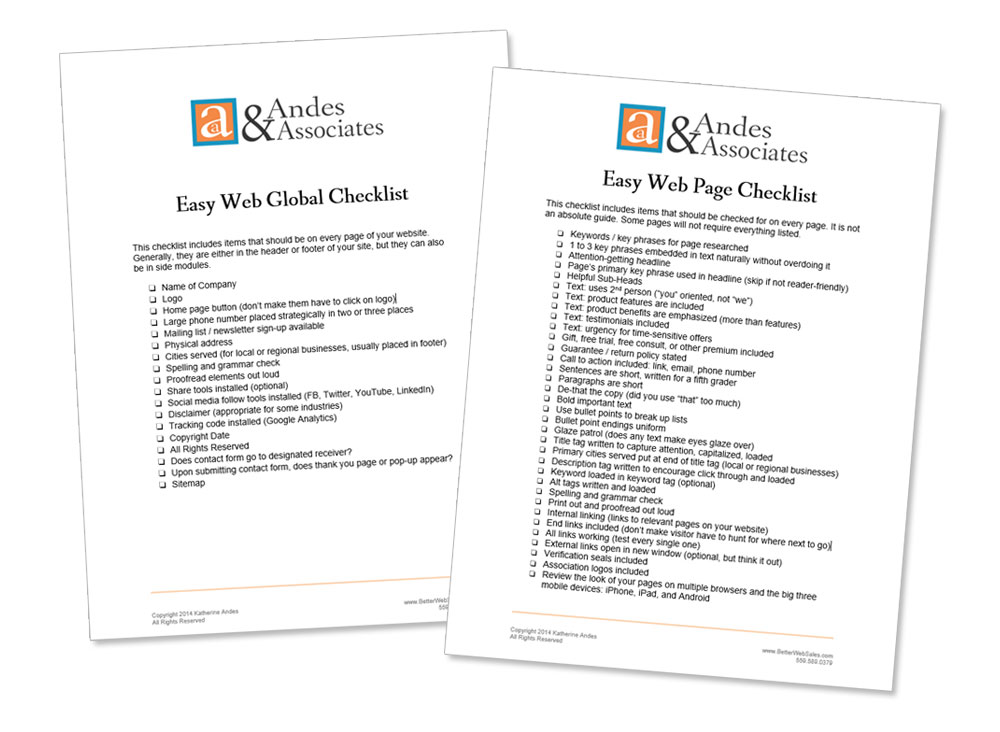When the Internet first started, the main URL extensions one could get for a website address were .com, .org, and .net.
For whatever reason, .com became the standard that everyone wanted to get, me included.

It remains the standard. If you can, you should always get a .com address.
But sometimes you can’t. Over the years your competitors and speculatorshave purchased so many .com addresses, you may find the one you want is already taken.
Yes, it may be for sale, but perhaps you don’t want to pay the fee. Typically, I find local addresses like NameOfTownRetailStore.com are asking for $2,500 or more.
It can be annoying when you have a business with a name that goes back 100 years and some speculator has grabbed “your” web address.
Well, today, you have many options. There are many more extensions available: .co, .us, .biz, .info, .city, .solutions, .expert, .xyz, etc. And, so far, I don’t find the speculators buying up all the possibilities.
From a search perspective (SEO), it doesn’t appear to matter what your extension is. You won’t rank any higher in search results with a .com than a .co address.
People I speak with in the industry who have contacts at Google confirm that Google doesn’t give higher rankings to folks with .com addresses (but who knows what Google or any other search engine really does).
I have successfully created sites with .co and .us addresses when the .com wasn’t available and they are ranking well. In once case, I have a national account with one of these alternate extensions and it is ranking #1 and #2 for its main keywords.
The only disadvantage of using these other extensions is that when folks are directly typing in your web address, they are likely to type in .comsimply from force of habit. So, if possible, I still recommend getting a .com address.
It makes sense, though, that most people use a search tool rather than directly typing in addresses, which requires more precision. For your own business, you need to weigh the pros and cons of purchasing a .com held by a speculator or choosing an alternative extension.



